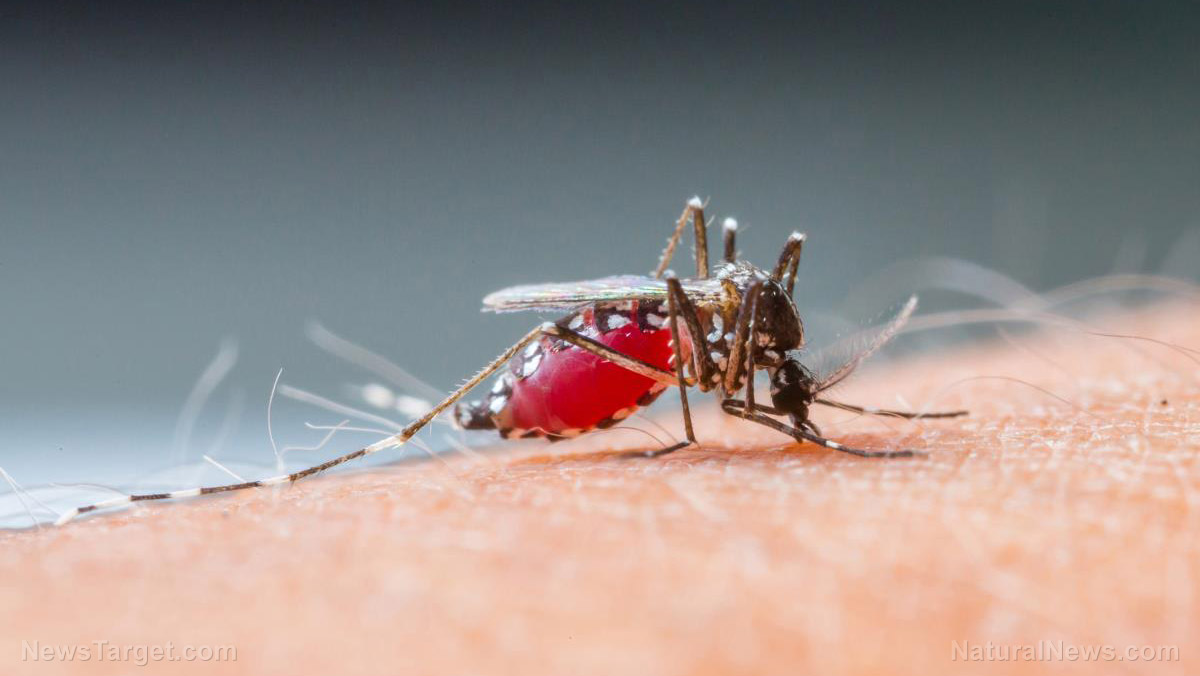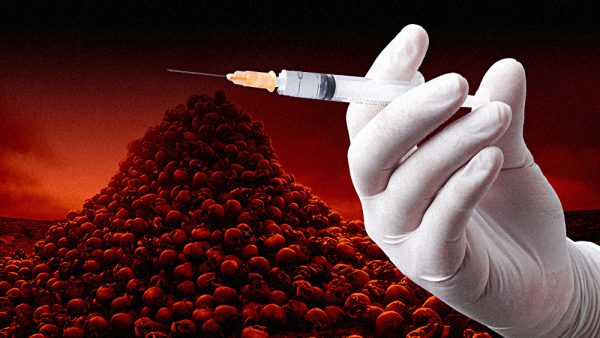 Parler
Parler Gab
Gab
Only mosquitoes can transmit malaria – people can't spread it to other people
All five cases were locally transmitted, which is unusual in that most cases of malaria in the U.S. occur in people who recently traveled overseas, particularly to third-world countries in Africa, and became infected. While it is good news that malaria does not transmit from person to person, authorities are concerned that infected mosquitoes will continue spreading it in the communities where it has been detected. In both Sarasota and Manatee counties, officials and local partners will conduct both aerial and ground spraying operations to try to rid the area of malaria-spreading mosquitoes. The Texas case was confirmed in Cameron County, which includes the city of Brownsville near the Mexican border, suggesting that perhaps the single case there occurred in an illegal alien or "migrant" crossing the border. The CDC does not believe that the cases in Florida are related to the case in Texas as there is no definitive evidence linking them to one another. Back in 2003, eight reported cases of mosquito-borne malaria were reported in Palm Beach County on the other side of Florida, this being just the second time in 20 years that local transmission of malaria has occurred in the U.S. To prevent mosquitoes from infesting your property, officials suggest getting rid of all standing water in things like buckets and trash cans where mosquitoes love to breed. It is also advised to discard all refuse; regularly clean bird baths and pet bowls at least once a week; and maintain swimming pools. To keep mosquitoes away from your body, apply mosquito repellant, preferably a natural variety containing oil of lemon eucalyptus and / or citronella. For children under age two, mosquito netting in particularly infested areas can provide protection. "I hear hydroxychloroquine is a good remedy for malaria," one commenter added. "I know many people who have used it. Will they let people use this common drug or force an inferior and much more expensive patented alternative?" "What further draws suspicions about the entire gene-edited mosquito release in Florida is the fact that the Oxitec project is being supported by two highly controversial agencies – Gates Foundation and the Pentagon's DARPA," wrote another about how this sudden malaria outbreak could be a bioweapons operation. "Malaria isn't the only thing walking across our borders every day," wrote another. The latest news about the malaria-spreading mosquito problem in Florida can be found at Plague.info. Sources for this article include: Yahoo.com Newstarget.comGlobalists call for an end to private ownership of all cars and trucks
By JD Heyes // Share
CONFIRMED: State and local governments are passing laws and ordinances that ban gas stoves
By Arsenio Toledo // Share
British PM Sunak DISCOURAGES use of CLUSTER BOMBS following US decision to send them to Ukraine
By Ramon Tomey // Share
CONSIDER YOURSELF WARNED: Humanoid robots claim they could run the world better than humans
By Laura Harris // Share
Dr. Denis Rancourt: COVID injections have killed 13 million people worldwide
By News Editors // Share
Governments continue to obscure COVID-19 vaccine data amid rising concerns over excess deaths
By patricklewis // Share
Tech giant Microsoft backs EXTINCTION with its support of carbon capture programs
By ramontomeydw // Share
Germany to resume arms exports to Israel despite repeated ceasefire violations
By isabelle // Share










